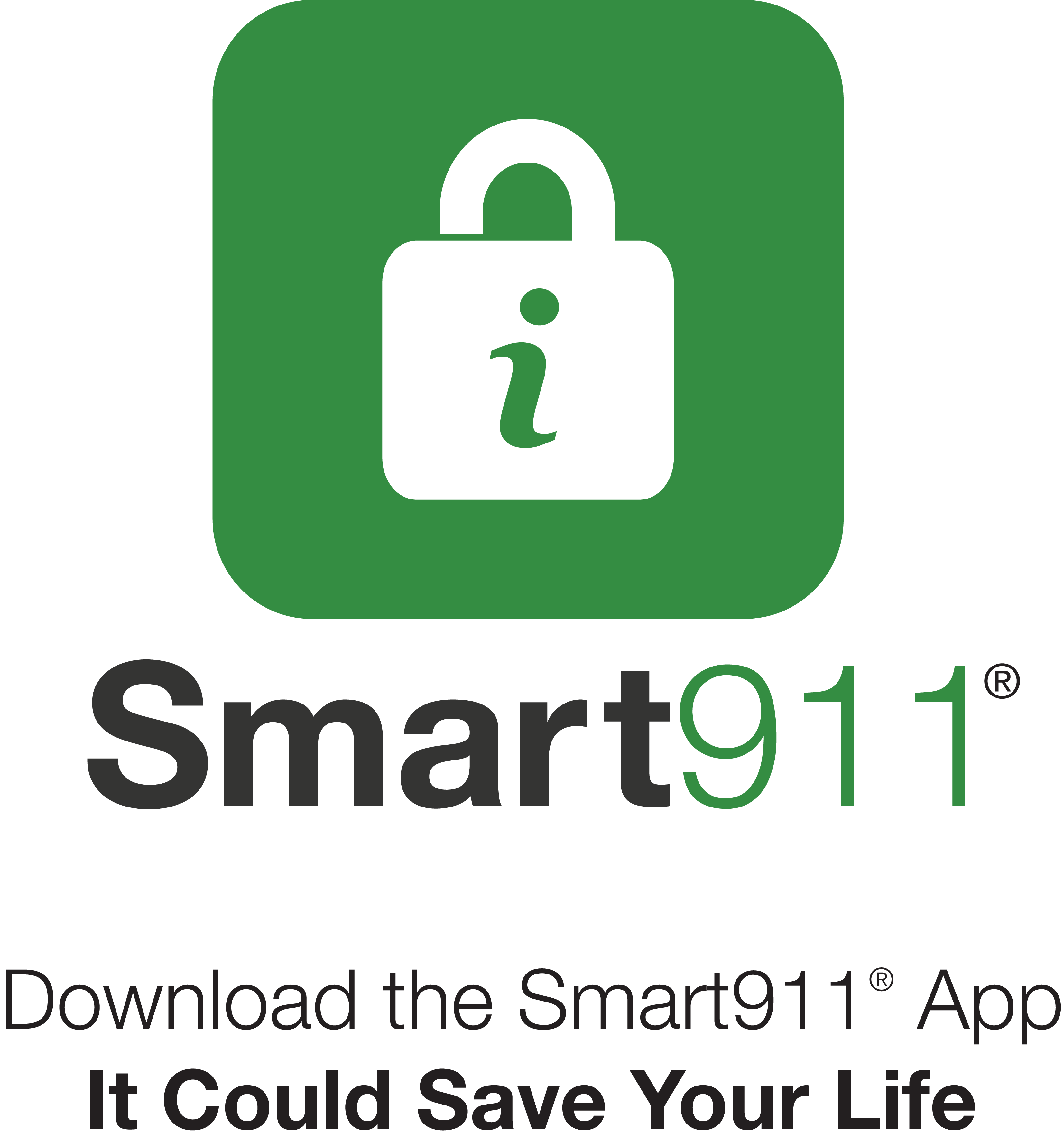Christian County
Community Organizations Active in Disaster (COAD)
When Disaster Strikes...
Following a disaster, many people and organizations immediately respond. Rarely do they complete the long-term work required to restore a community. For complete recovery following a disaster, the local community needs to become involved. First responders in an emergency include family, neighbors, local fire fighters and police, search and rescue teams who administer first aid/help people still in danger/restore order. The American Red Cross and Salvation Army provide food, shelter, and medical supplies. National Guard and Civil Defense personnel remove dangerous debris, protect property from looters, and re-open major transportation routes. As the immediate emergency subsides, outside help pours in to clean up and make temporary repairs. The American Red Cross, other voluntary groups, state and local government, and the Federal Emergency Management Agency (if the President declares disaster-affected areas eligible for assistance) offer temporary housing, loans, grants, legal services, tax rebates, food stamps, disaster unemployment compensation, used clothes and appliances
Unmet Needs Remain...
With all the assistance, however, many unmet needs remain. Many people find their insurance coverage inadequate. Some survivors discover that even with government loans or grants they can't pay for all the repairs they have planned. Others may not even qualify for assistance. Vulnerable population groups -- older persons, children, women, poor people, the disabled, minority persons or people who don't speak English -- often fall between the cracks. Even if physical needs have been met, disaster survivors continue to need assistance in working through their grief, anger, loss, and isolation
Through community organizations, churches and other religious groups along with other agencies can work together to assure the most complete recovery following a disaster. Within the context of a community organization, they can most effectively assure that needs are identified and addressed without wasteful duplication of services. A formal, coordinated, cooperative community disaster response can avoid situations such as occurred in one southern town when a community fund and several churches all purchased rebuilding materials, but the shingles, plywood, and sheet rock lay idle around damaged homes because groups provided no volunteers for repairs and reconstruction.
Six key activities characterize a community disaster response:
Referrals. Survivors may be referred to other private and public helping agencies as their needs are matched to appropriate services.
Education. Survivors learn about entitlements and how to help themselves. Those intimidated by bureaucratic red tape learn about the system. Community education emphasizes preparedness, prevention, mitigation so the next disaster will have reduced impact.
Volunteer Coordination. Experienced people and organizations both within and outside the community are contacted about volunteer needs in family advocacy, rebuilding and repair, and other areas of the recovery process. Provisions are made for orientation, training, room, board, and supervision of volunteers.
Advocacy. By acting as an ombudsman for people with special problems, other helping agencies are held accountable for delivery of services. Survivors -- particularly those with special problems such as single parent families with limited resources, the disabled, older persons -- get help in obtaining Individual Family Grants, food stamps, Small Business Administration loans. Public policy issues related to the current disaster and future ones are addressed.
Monetary Assistance. Limited cash assistance can address serious unmet needs. After a Texas tornado, for example, several poor families did not qualify for Red Cross rebuilding funds because they owed back taxes. Tax payments on their behalf allowed rebuilding to begin.
Pastoral Care. People with serious personal problems are almost twice as likely to seek assistance from clergy than other counselors. Spiritual problems, lack of faith and basic trust and discouragement are addressed in guided listening and a supporting presence that communicates caring and understanding.
Would you like to become involved?
We are always looking for volunteers as well as faith-based
organizations to get involved
We need persons from all walks of life with all sorts of backgrounds and abilities.
Need more information:
Call the Christian County Emergency
Management Office at 582-5400
Mailing Address
100 W. Church Room 100Ozark, MO 65721
Physical Address
100 W. Elm St Room 60
Ozark, MO 65721
(Judicial Building on the south side of the square)
